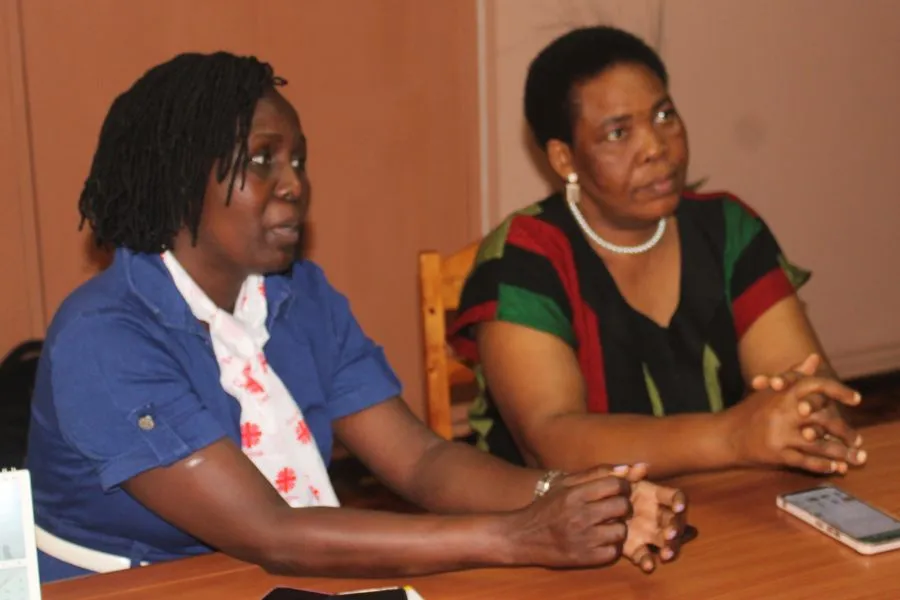Caritas Uganda has envisaged to buy at least 10 machines for making the reusable pads for the three targeted schools, which are located in Bidibidi Settlement, she said, and explained, “This is for sustainability purposes, because if we distribute at the end of the month or two months, there will be no pads.”
The Ugandan Caritas official added that both teachers and students at Hilltop, Hope and Ambia Primary Schools will be trained in making pads for the sake of the project’s continuity.
“After seven years the students who have been trained might have already left the school. That is why we want the school management to get involved too,” she further said, adding that the pads making initiative will also be an income-generating project for the schools as the sanitary towels can be sold to members of the local community.
Ms. Okello said plans are underway to have the pads making initiative “certified by the Uganda National Bureau of Standards” so that beyond the training to be offered, the products of the initiative have the “quality assurance” to receive a wider market.
Caritas Uganda has already raised some funds “but it is not a complete component,” she told ACI Africa during the May 23 interview, and added, “We want additional money to clear all those processes of certification and to scale up.”
Also speaking to ACI Africa, Caritas Uganda Policy and Advocacy Specialist, Aguti Betty Rose, said that menstrual hygiene can be “a very big challenge” to refugees and other girls in Africa.
Ms. Aguti said, “Menstruation is not supposed to be a sickness; it's a natural occurrence; but in African tradition, we do not take it as a normal process.”
She went on to explain how young girls dropout of school because of the stigma of menstruation, saying, “When a girl is in her periods, she may not even tell anybody and because of the stigma of fearing to be laughed at by other students, in case she stains her dress, she keeps away from school.”
Such a girl, Ms. Aguti said, “may miss school for three days a month.”
“When you miss those days, it means you have missed schooling and you've missed lessons. So, when the examination comes, you find that there is a gap,” she said, and continued, “(the girl) fails because she was not in school when the topics were being taught so she thinks she is stupid and decides to leave school.”








